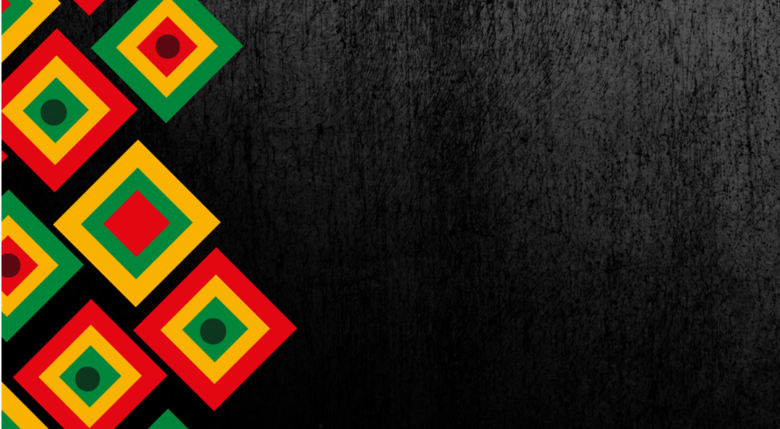February is Black History Month as well as the birth month of many significant Black writers, artists, activists and scholars. To celebrate a few of these notable birthdays, the Libraries have created a list of works by and about these individuals. We encourage you to explore these resources, along with our guides for Anti-Racism research, Africana Studies and the oral history database of Black Americans, as part of your continued learning during Black History Month and throughout the year.
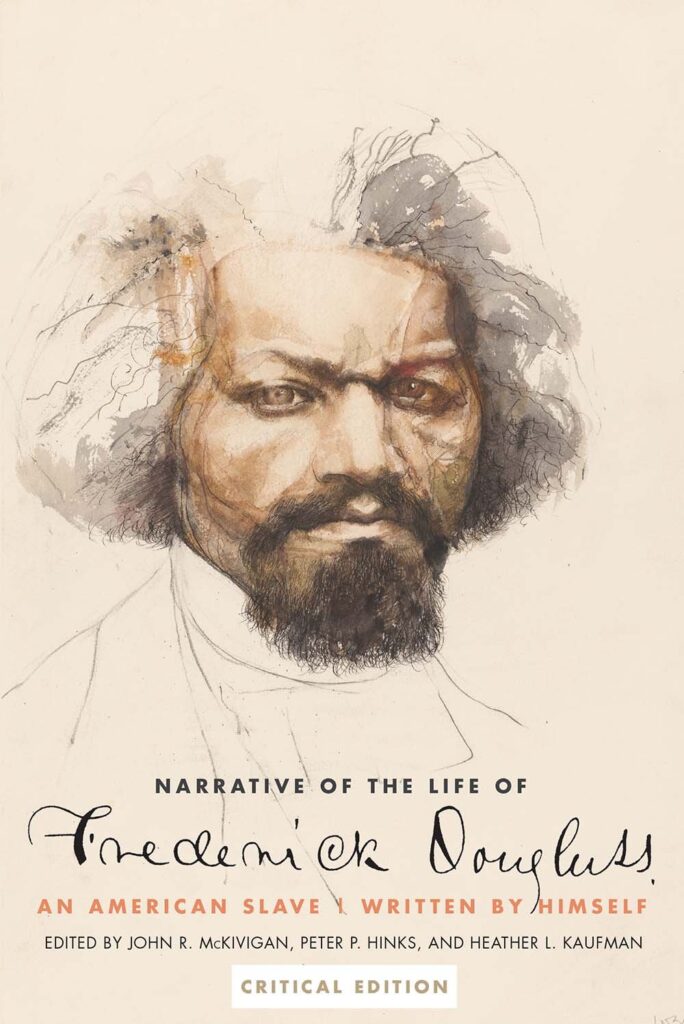
Narrative of the Life of Frederick Douglass, an American Slave: Written by Himself by Frederick Douglass
Birthday: February 14, 1818
A new edition of one of the most influential literary documents in American and African American history Ideal for coursework in American and African American history, this revised edition of Frederick Douglass’s memoir of his life as a slave in pre-Civil War Maryland incorporates a wide range of supplemental materials to enhance students’ understanding of slavery, abolitionism, and the role of race in American society. Offering readers a new appreciation of Douglass’s world, it includes documents relating to the slave narrative genre and to the later career of an essential figure in the nineteenth-century abolition movement.

The Weary Blues by Langston Hughes
Birthday: February 1, 1901
Nearly ninety years after its first publication, this celebratory edition of The Weary Blues reminds us of the stunning achievement of Langston Hughes, who was just twenty-four at its first appearance. Beginning with the opening “Proem” (prologue poem)–“I am a Negro: / Black as the night is black, / Black like the depths of my Africa”–Hughes spoke directly, intimately and powerfully of the experiences of African Americans at a time when their voices were newly being heard in our literature. As the legendary Carl Van Vechten wrote in a brief introduction to the original 1926 edition, “His cabaret songs throb with the true jazz rhythm; his sea-pieces ache with a calm, melancholy lyricism; he cries bitterly from the heart of his race. Always, however, his stanzas are subjective, personal,” and, he concludes, they are the expression of “an essentially sensitive and subtly illusive nature.” That illusive nature darts among these early lines and begins to reveal itself, with precocious confidence and clarity. In a new introduction to the work, the poet and editor Kevin Young suggests that Hughes from this very first moment is “celebrating, critiquing, and completing the American dream,” and that he manages to take Walt Whitman’s American “I” and write himself into it. We find here not only such classics as “The Negro Speaks of Rivers” and the great twentieth-century anthem that begins “I, too, sing America,” but also the poet’s shorter lyrics and fancies, which dream just as deeply. “Bring me all of your / Heart melodies,” the young Hughes offers, “That I may wrap them / In a blue cloud-cloth / Away from the too-rough fingers / Of the world.”
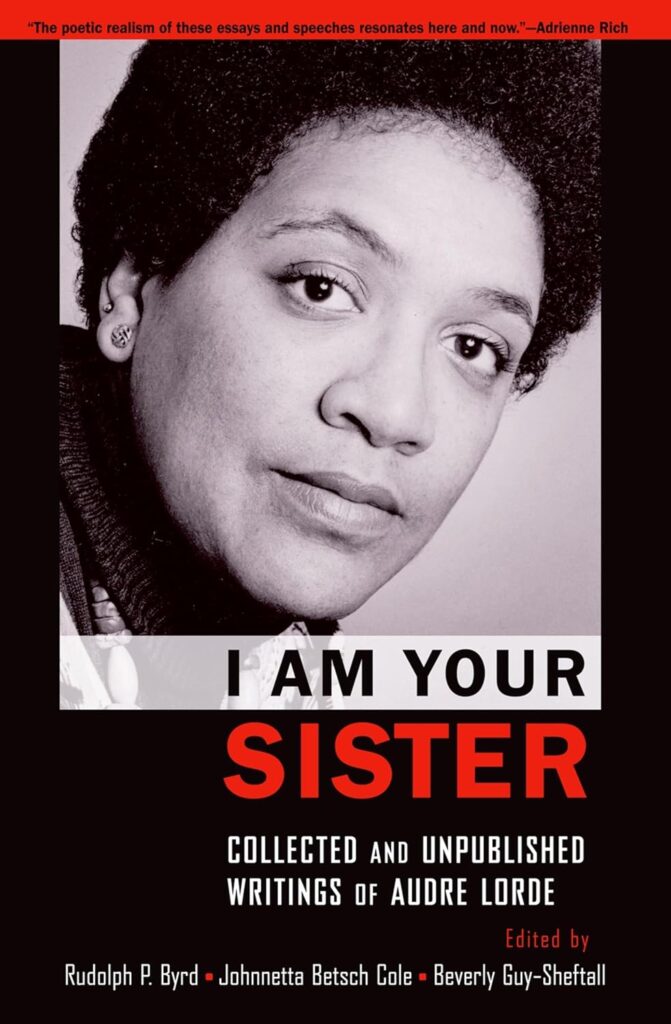
I Am Your Sister: Collected and Unpublished Writings of Audre Lorde by Audre Lorde
Birthday: February 18, 1934
Audre Lorde was not only a famous black poet; she was also one of the most important radical black feminists of the past half century. ‘I am your sister’ collects her non-fiction prose from 1976 to 1990, and it is the first volume to provide a full picture of Lorde’s political work (as opposed to her aesthetic work). The essays cover an impressive variety of topics: sexuality, race, gender, culture, class, parenting, disease, resistance and power–both within the United States and across the African diaspora. While Lorde is best known as a progenitor of black feminist studies, ‘I am your sister’ stresses her signal influence in the creation of gay and lesbian studies. Lorde’s work presaged the late 1980s shift in the academy toward the emphasis on the tight connections between race, class, gender and sexuality–and later disability. Accordingly, the breadth of topics Lorde tackles in the various essays in ‘I am your sister’ capture the spirit of intersectionality that now dominates analysis in the humanities and critical social sciences.
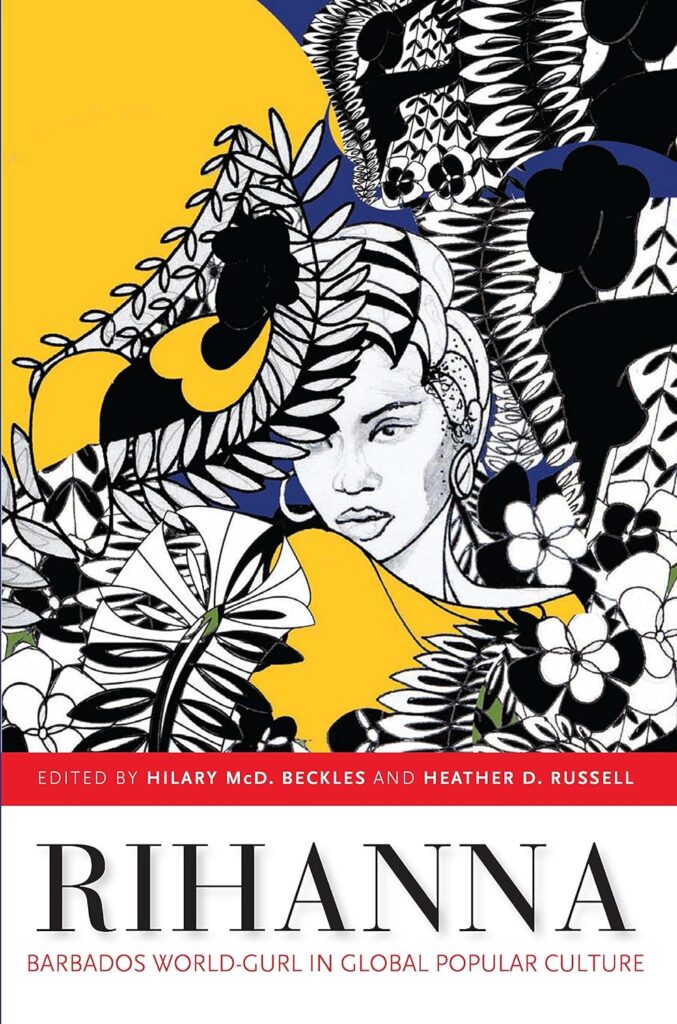
Rihanna: Barbados World-Gurl in Popular Culture edited by Hilary McD. Beckles & Heather D. Russell
Rihanna’s birthday: February 20, 1988
Rihanna is arguably the most commercially successful Caribbean artist in history. She is Barbadian and has been unwavering in publicly articulating her national and regional belonging. Still, there have been varied responses to Rihanna’s ascendancy, among both Barbadians and the wider Caribbean community. The responses reveal as much about our own national and regional anxieties as they do about the artist herself. The boundary-transgressing, cultural icon Rihanna is subject to anxieties about her body language and latitude from her global audiences as well; however, the essays in this collection purposely seek to de-centre the dominance of the Euro-American gaze, focusing instead on considerations of the Caribbean artist and her oeuvre from a Caribbean postcolonial corpus of academic inquiry. This collection brings together US- and Caribbean-based scholars to discuss issues of class, gender, sexuality, race, culture and economy. Using the concept of diasporic citizenship as a theoretical frame, the authors intervene in current questions of national and transnational circuits of exchange as they pertain to the commoditization and movement of culture, knowledge, values and identity. The contributors approach the subjects of Rihanna, globalization, gender and sexuality, commerce, transnationalism, Caribbean regionalism and Barbadian national identity and development from different disciplinary and at times radically divergent perspectives. At the same time, they collectively work through the limitations, possibilities and promise of our best Caribbean imaginings.
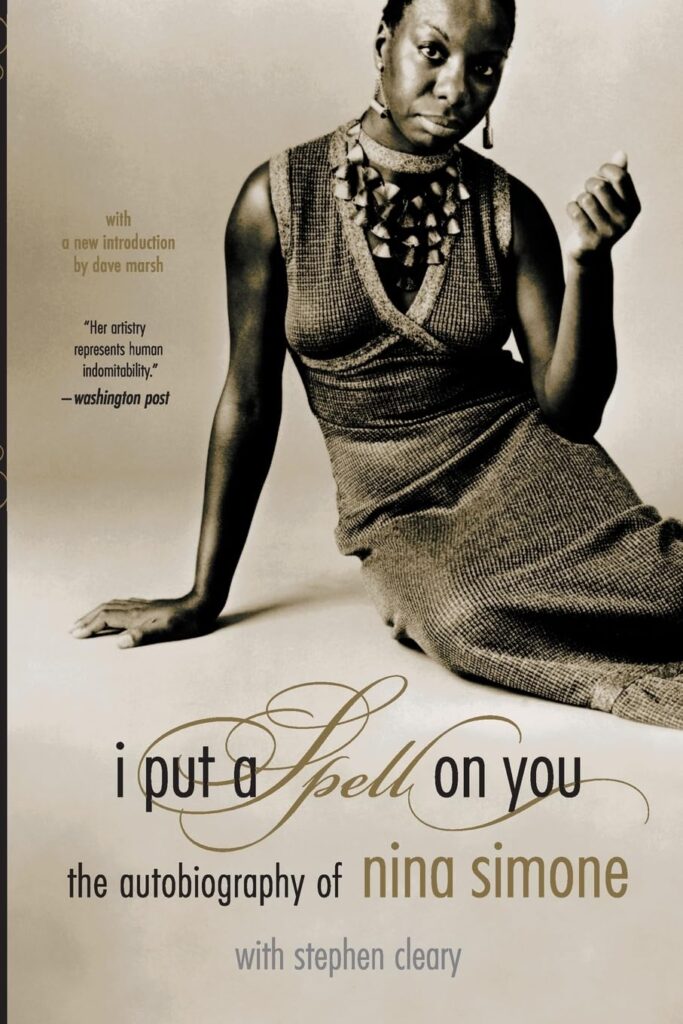
I Put a Spell on You: The Autobiography of Nina Simone by Nina Simone
Birthday: February 21, 1933
Simone grew up during the Depression in a small North Carolina town where, thanks to a farsighted music teacher and caring neighbors who paid for her lessons, she was trained as a classical pianist. After attending Juilliard on a scholarship she was rejected by the Curtis Institute in Philadelphia (a setback she attributes to the fact that she is black), and she became a nightclub entertainer, singing and accompanying herself on the piano and, with her skillful improvisations of popular songs in classical style, quickly becoming a star. In the 1960s she joined the civil rights movement and became well known as a protest singer. Then, in the 1970s and ’80s, disillusioned with the U.S., she went into self-imposed exile in Africa and Europe.
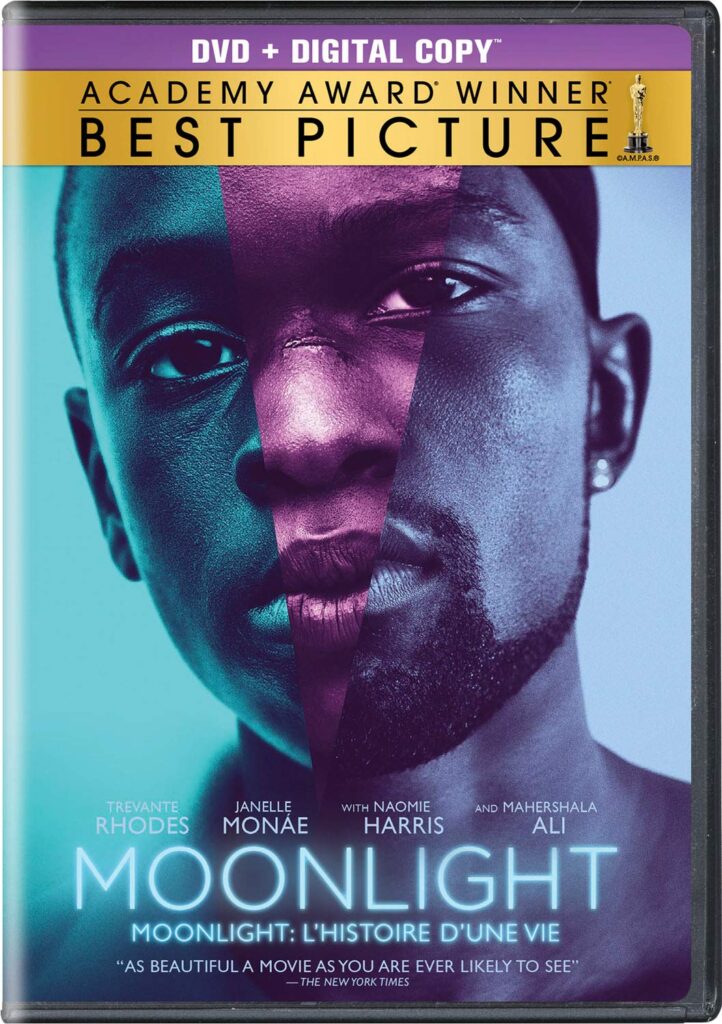
Moonlight (DVD), starring Mahershala Ali
Birthday: Feb 16, 1974
A timeless story of human connection and self-discovery, [this film] chronicles the life of a young Black man from childhood to adulthood as he struggles to find his place in the world while growing up in a rough neighborhood of Miami. At once a vital portrait of contemporary African-American life and an intensely personal and poetic meditation on identity, family, friendship and love, [this] is a groundbreaking piece of cinema that reverberates with deep compassion and universal truths. Anchored by extraordinary performances from a tremendous ensemble cast, Barry Jenkins’s staggering, singular vision is profoundly moving in its portrayal of the moments, people, and unknowable forces that shape our lives and make us who we are.
Summaries of books are quoted from publisher information.


